Iran, Russia and China joint military drills
Iran, Russia and China began joint military drills in the north of the Indian Ocean on Friday. Dubbed the 2022 Marine security belt, the drills are the third set to have been carried out by the three countries.
The drills cover 17,000 square kilometers of ocean, with vessels and equipment from both the Army and the Islamic Revolution Guards Corps partaking.
A variety of tactical exercises such as rescuing burning vessels, liberating hijacked vessels, shooting at specific targets, shooting at airborne targets at night, and other tactical operational exercises were carried out during the drills.
Strengthening the security of the international maritime trade, combating piracy and maritime terrorism, exchanging intelligence in the field of maritime rescue missions and exchanging operational and tactical experience, were among the objectives of the 2022 Marine Security Belt exercise.
I believe that the message is mostly to the people and to the nations like the United States or other, other allies that they want to carry on some kind of activities in these areas.
And if you asked me if this one is a sampling where it will create a kind of joint action between Iran, Russia and China, I will say yes in this area.
I don't think they will tolerate, in the future, any kind of activities that you can define as terrorist, or attack or pirates or these kinds of things.
Fabrizio Goldoni, Political and Business Analyst
Iran says its presence in the international coalitions evinces the improvement of the Islamic Republic of Iran's standing in the world. An Iranian spokesman for the joint drills explained that Iran attaches great importance to the establishment of security at both regional and international levels.
The trilateral exercises come as Iran is taking steps to balance its foreign policy. While talks on the revival of the Joint Comprehensive Plan of Action, JCPOA, and the removal of US sanctions against Iran are underway in the Austrian capital, Vienna, Tehran is expanding its ties with its two key allies, Russia and China.
Earlier this month, Iran and China began the implementation of the much anticipated Sino-Iranian pact, known as the Comprehensive Strategic Partnership, a 25 year cooperation agreement that's aimed at strengthening the two countries economic and political ties.
Also last week, Iran's foreign minister, Hossein Amirabdollahian, said Tehran and Moscow are set to begin drafting a similar roadmap that will shape their cooperation for the next two decades.
This statement came as Iran's President Ibrahim Raisi was on a two day trip to Russia. The Shanghai Cooperation organizations unanimous decision last September to approve Iran's membership to the block after almost 15 years was yet another development signaling the future of Iran's economic and political ties with the east.
I think that, you know, the strategy of the geopolitics of the United States in this area, and basically in Eurasia, using the way that they don't want the formation of a strong Eurasian continent.
So they're fighting, basically, against China and very strong against Russia and the first of the sanctions on Iran and if we put a lot of pressure to Iran, so it is normal that these are three countries, they will join together from a different point of view.
Fabrizio Goldoni, Political and Business Analyst
One can clearly conclude that Iran is striving toward a more balanced foreign policy and is no longer staking its future entirely on the fate of the 2015 deal.
While making efforts to salvage the deal, Tehran is most certainly considering other options to ensure its economic goals are met.
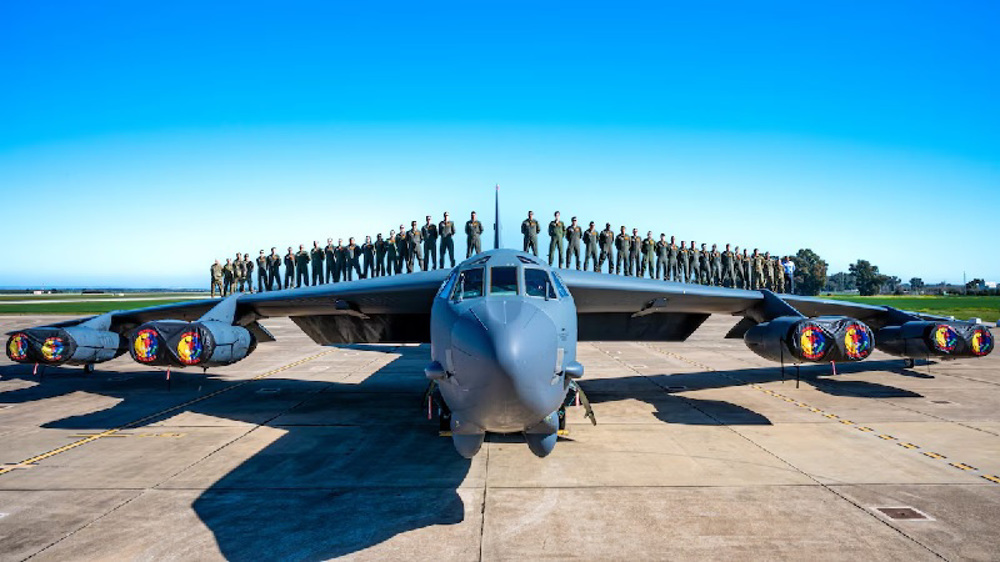
US B-52 bombers in West Asia do not scare Iran
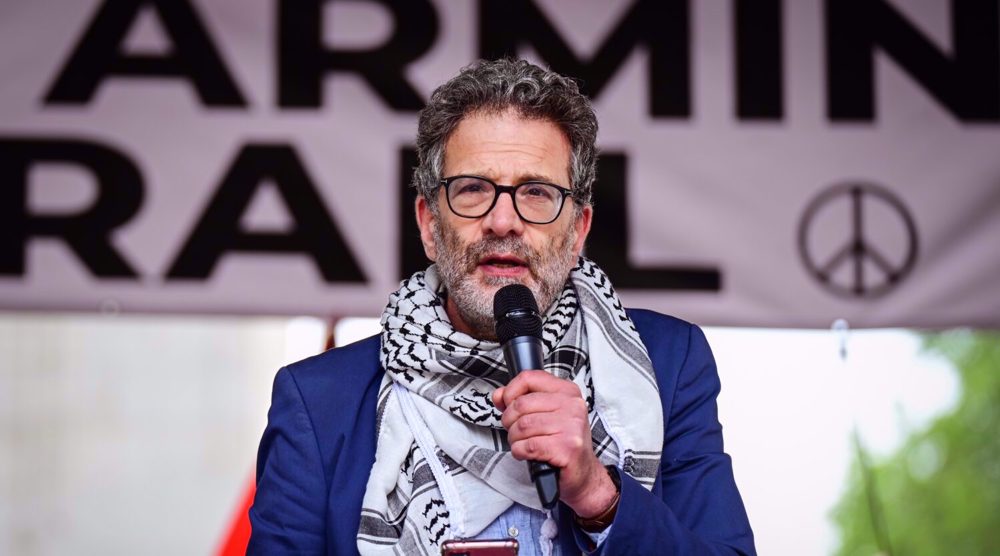
Palestine Solidarity Campaign director on trial

‘Doctors Against Genocide’ demands US Senate stop Trump
VIDEO | New Yorkers pay tribute to Sayyed Nasrallah
Russian consulate in France comes under attack on Ukraine war anniversary
Mourners throng funeral for martyred Hezbollah leader Safieddine in south Lebanon
‘Grave threat’: Iran says Israel’s nukes endangering world, blasts US nuclear spending spree
VIDEO | Global tributes pour in as Beirut mourns martyred Hezbollah leaders Nasrallah and Safieddine
‘We are in the covenant’: Hezbollah leaders' funeral becomes a rallying cry for resistance
EU imposes new sanctions on Russia on third anniversary of Ukraine war
VIDEO | Iran puts advanced jet into operation for first time during major joint drills


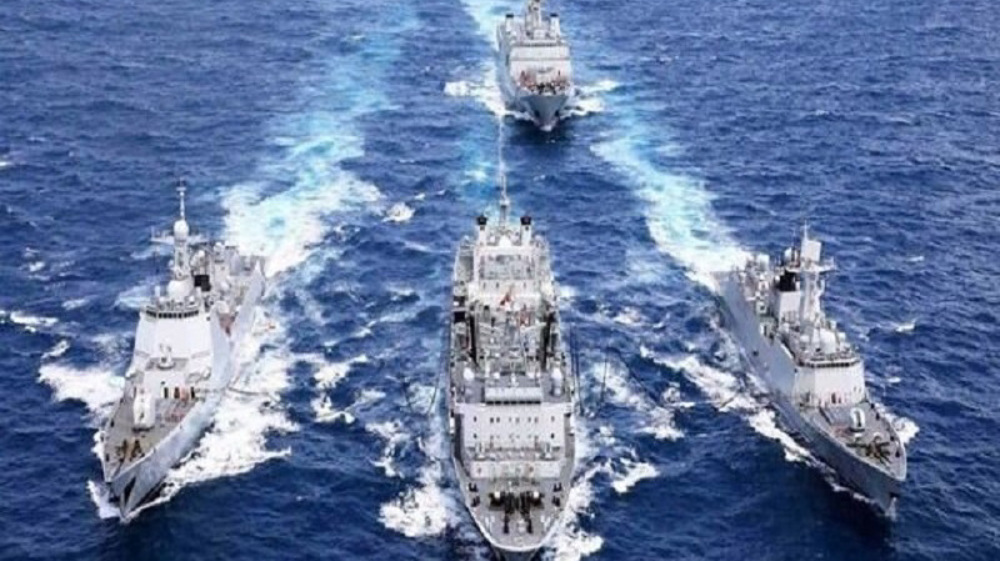

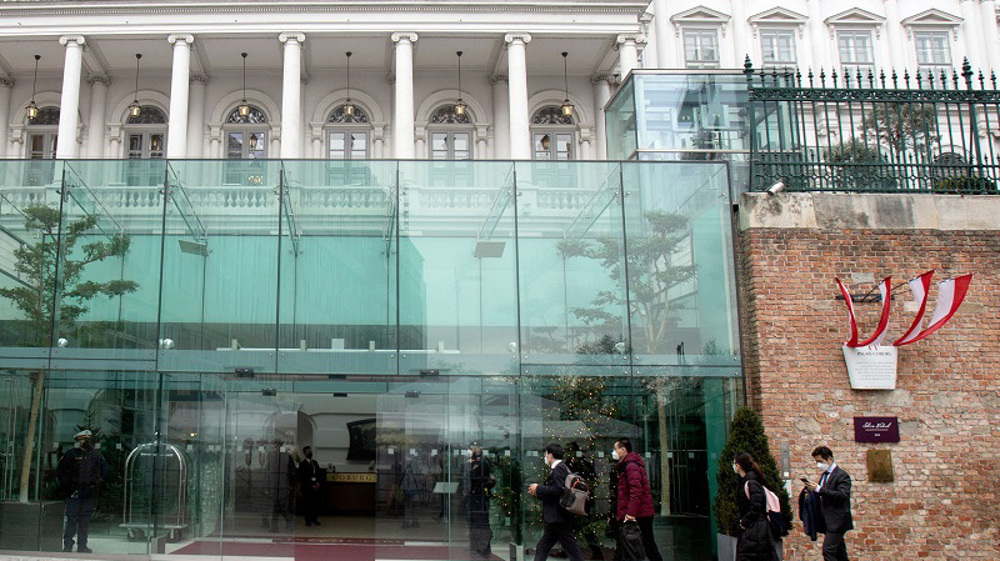
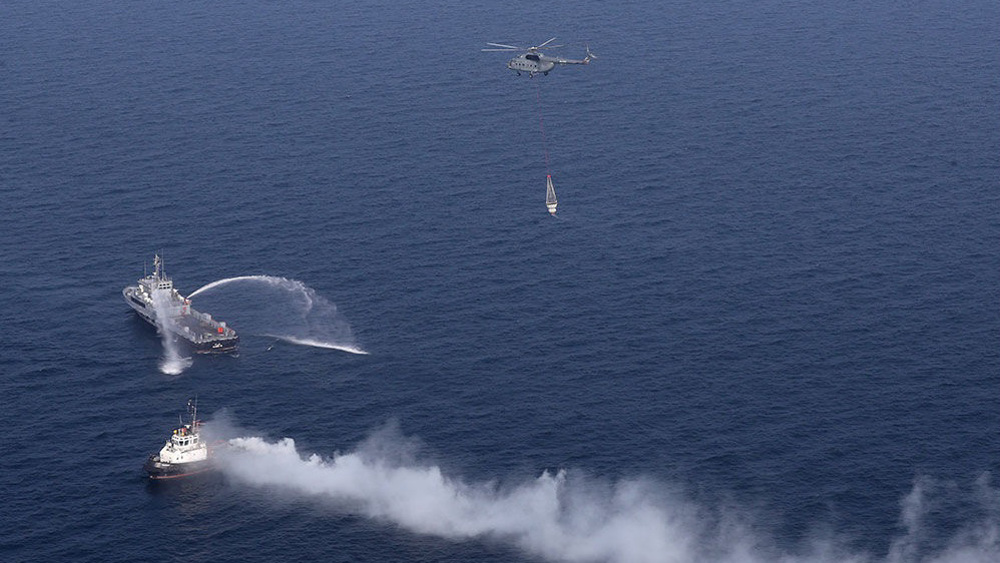
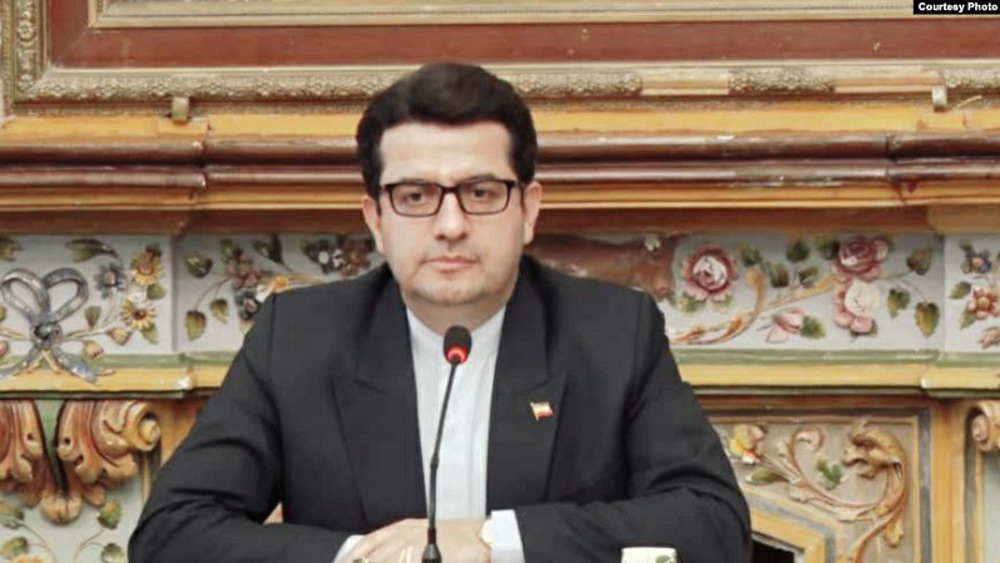
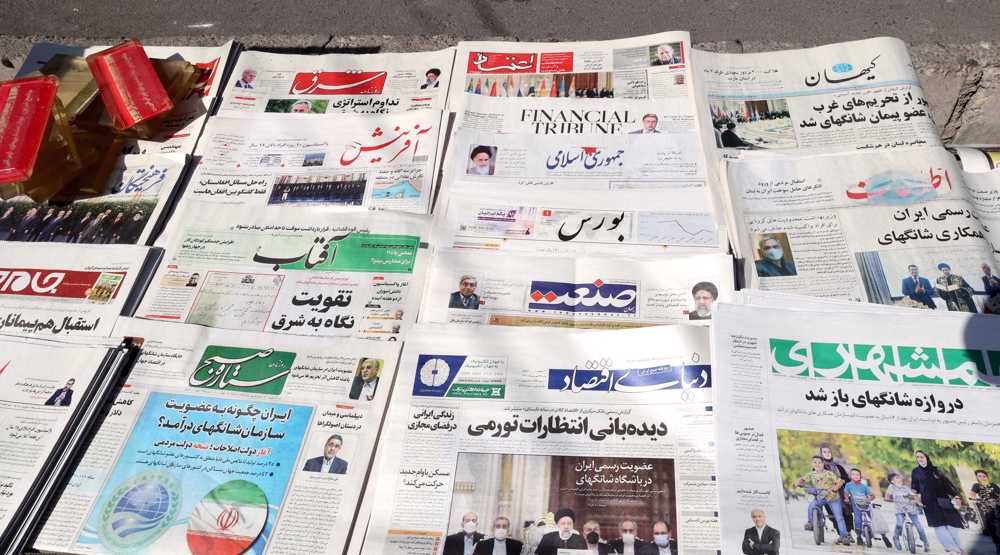
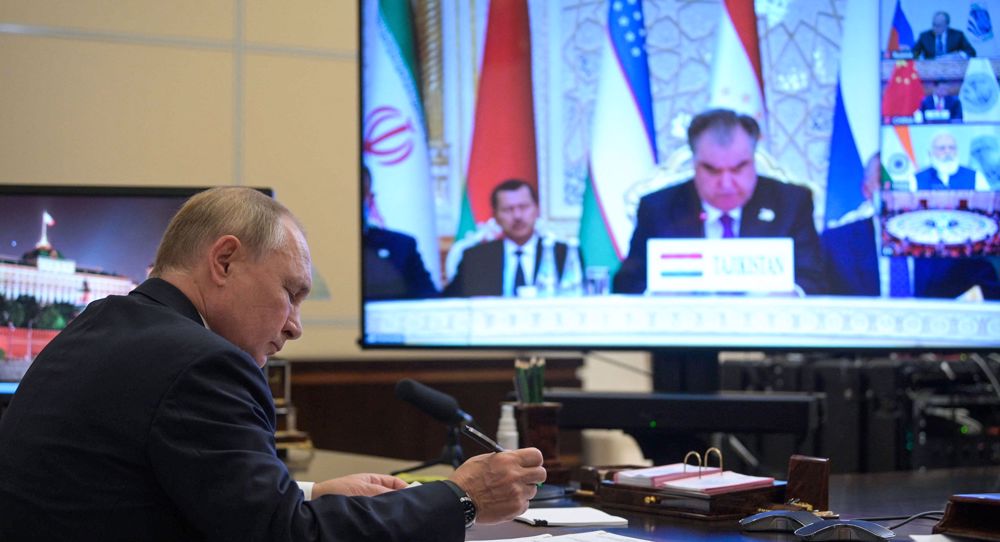



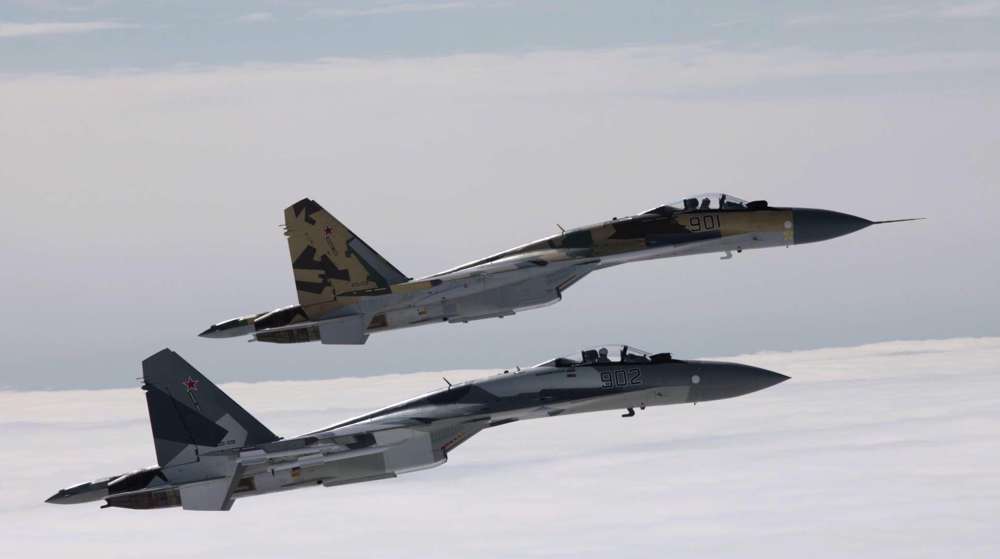
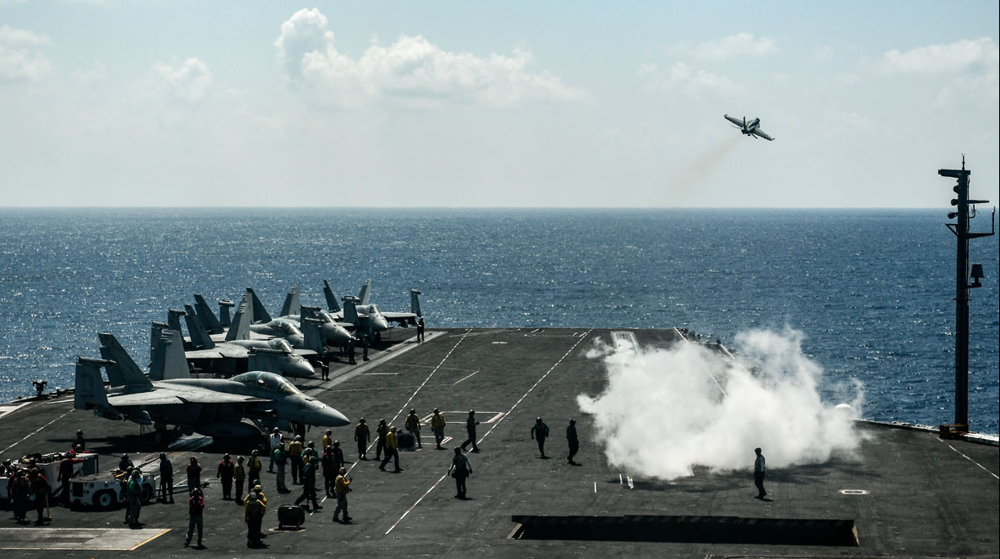
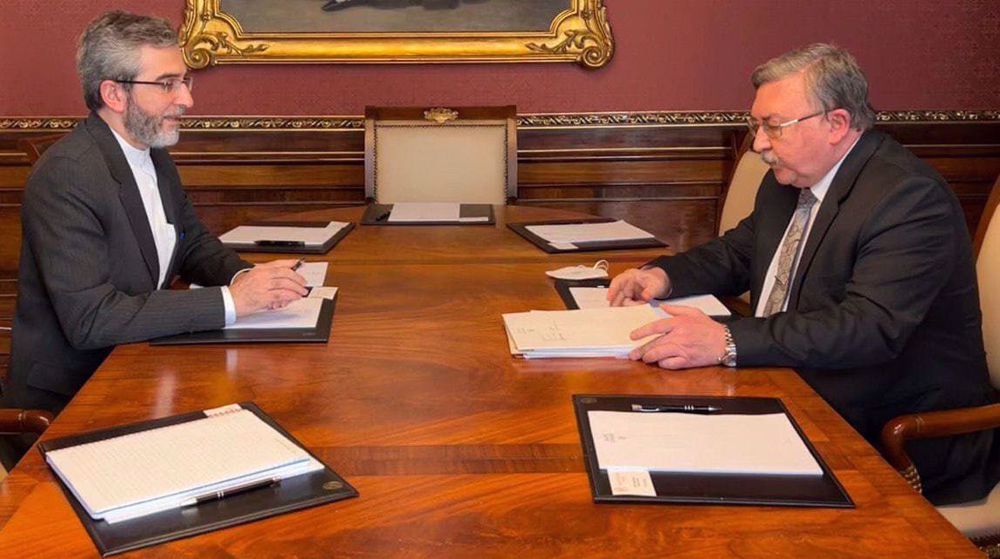
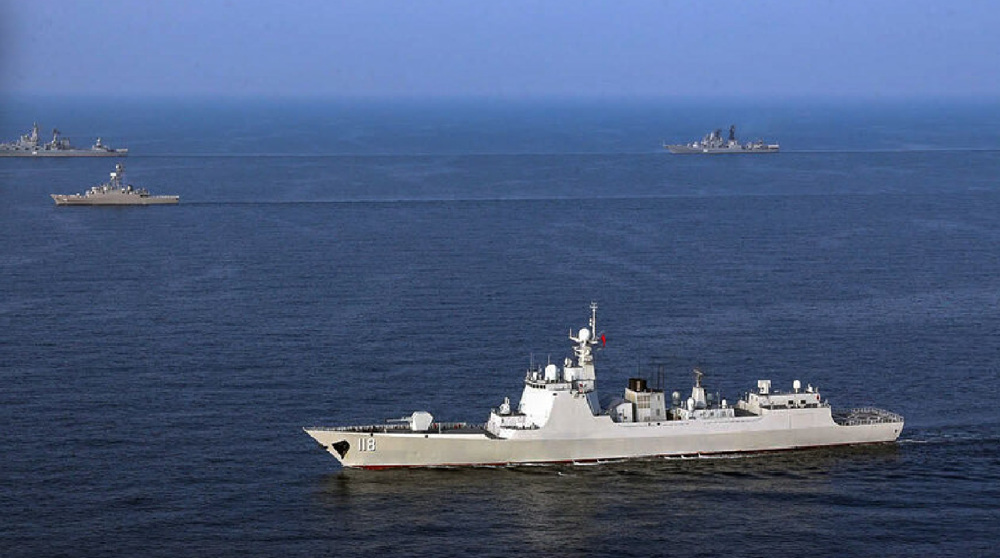
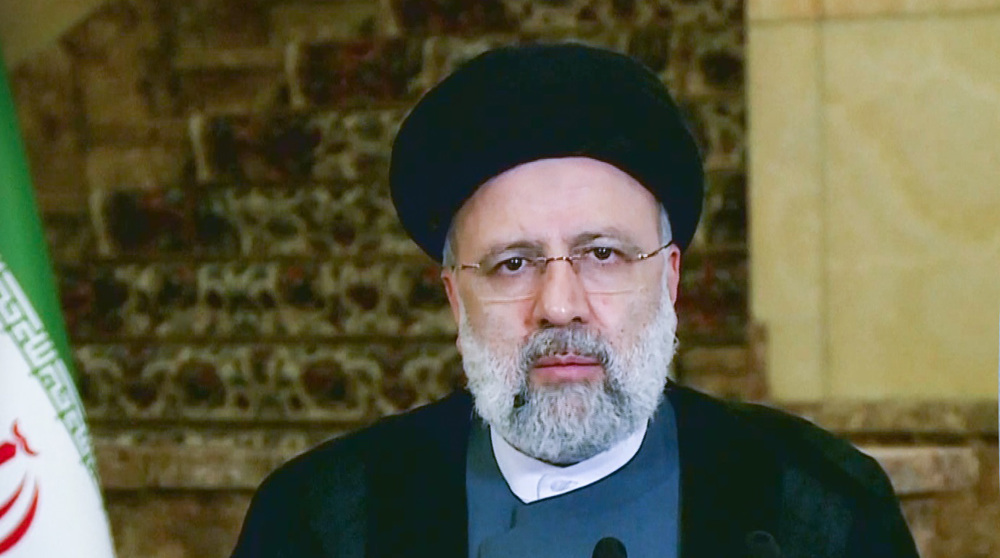
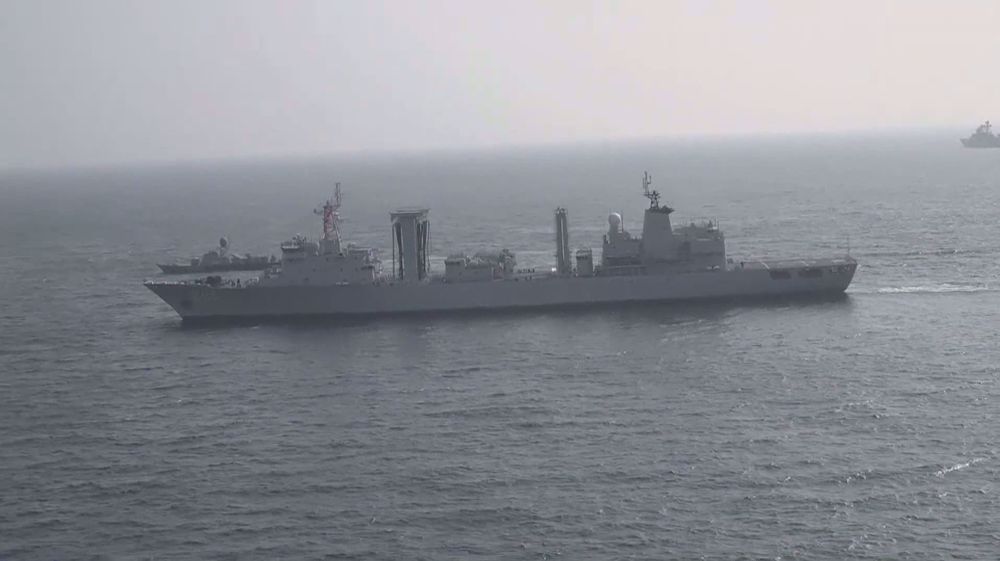
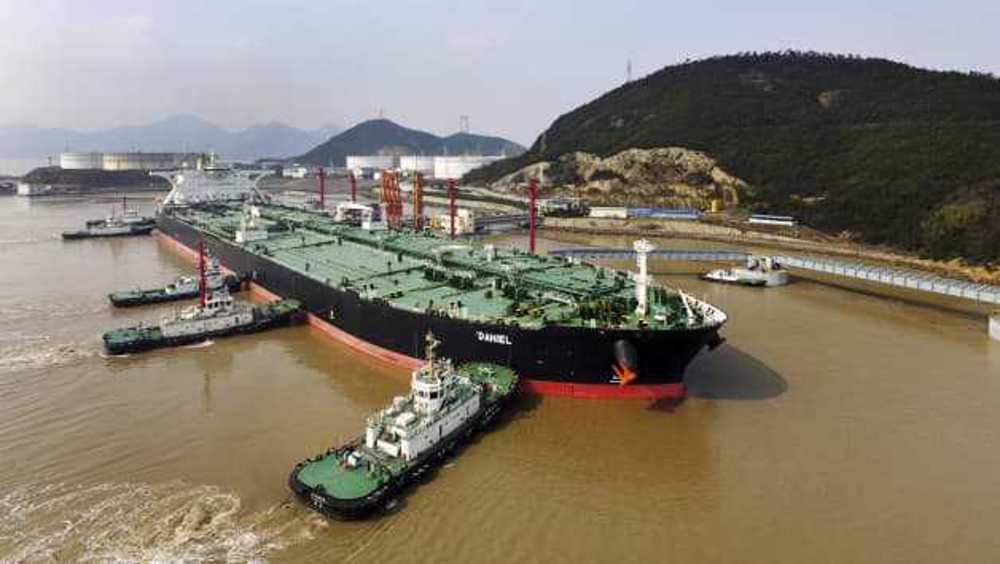
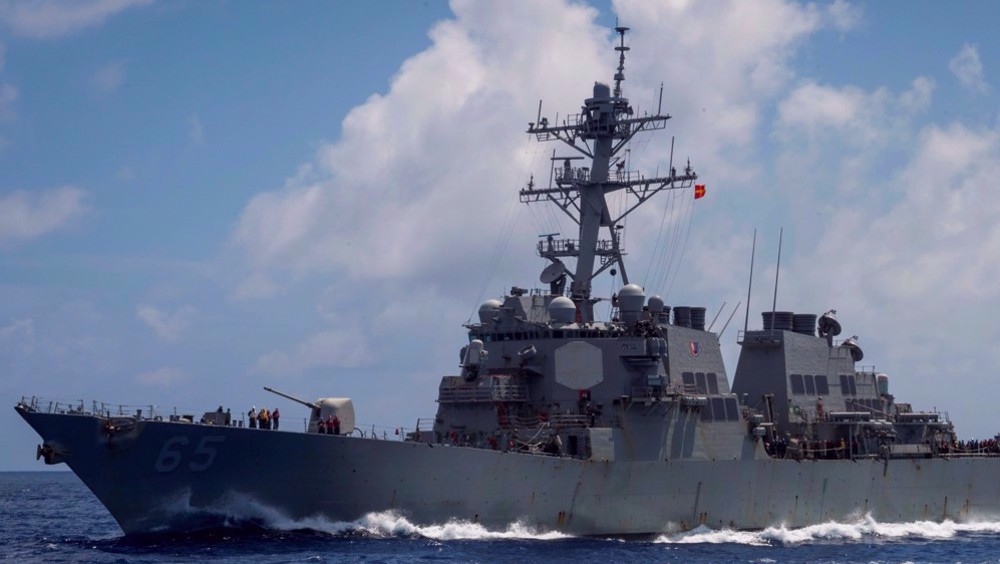
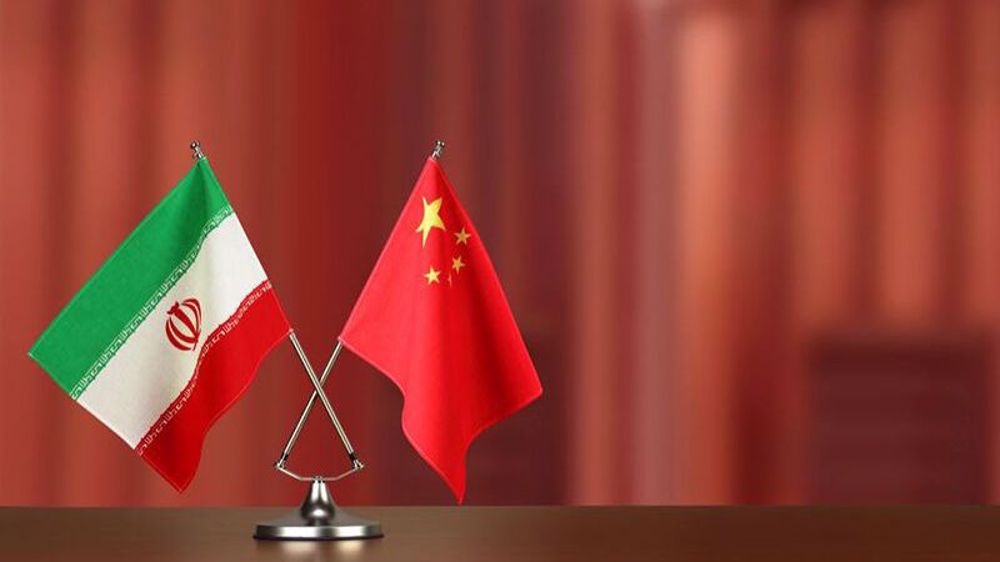

 This makes it easy to access the Press TV website
This makes it easy to access the Press TV website